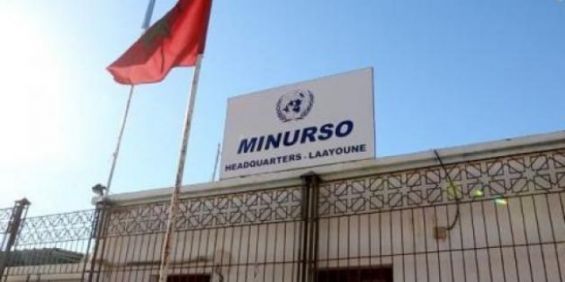The United States has a new strategy regarding the money allocated to peacekeeping missions sent by the United Nations. In a note published on December the 22nd by the United States Mission in the United Nations, U.S. Representative for UN Management and Reform Cherith Norman Chalet stated that Washington «sought to reform the way the peacekeeping operations are financed».
In a document entitled «Explanation of Position on Scales of Assessments for UN Peacekeeping Operations», the diplomat explained that «every country decided reform was good and right for the UN, but not for how it is financed».
«The United States firmly believes that no one Member State should pay more than one-quarter of the organization’s budget».
The diplomat confirmed that the United States will «pay no more than 25 percent of peacekeeping expenses, again a less than ideal outcome».
A reform that could affect MINURSO
Ambassador Cherith Norman Chalet stressed that Washington will keep calling for «equitable financial burden sharing», referring to the need of reforming the peacekeeping methodology in an «expeditious and efficient manner».
According to the diplomat, «nearly half of Member States receive an 80 percent discount to their assessments on the peacekeeping scale», which she believes is not equitable.
The statement of the US diplomat was preceded by a similar discourse, regarding peacekeeping missions, especially those located in Africa.
Speaking at the Heritage Foundation think tank in Washington earlier this month, the National Security Advisor of the United States John Bolton told reporters that Washington will no «longer support unproductive, unsuccessful, and unaccountable UN peacekeeping missions».
Referring to the peacekeeping mission operating in the region, Bolton announced that he was «frustrated» that the Western Sahara conflict has not been resolved yet.
Indeed, the United Nations Mission for the Referendum in Western Sahara is in the viewfinder of the US. A few days after Bolton’s statement, members of the US Embassy in Rabat flew to Laayoune, where they met with the head of MINURSO, sources told Yabiladi.




 chargement...
chargement...












